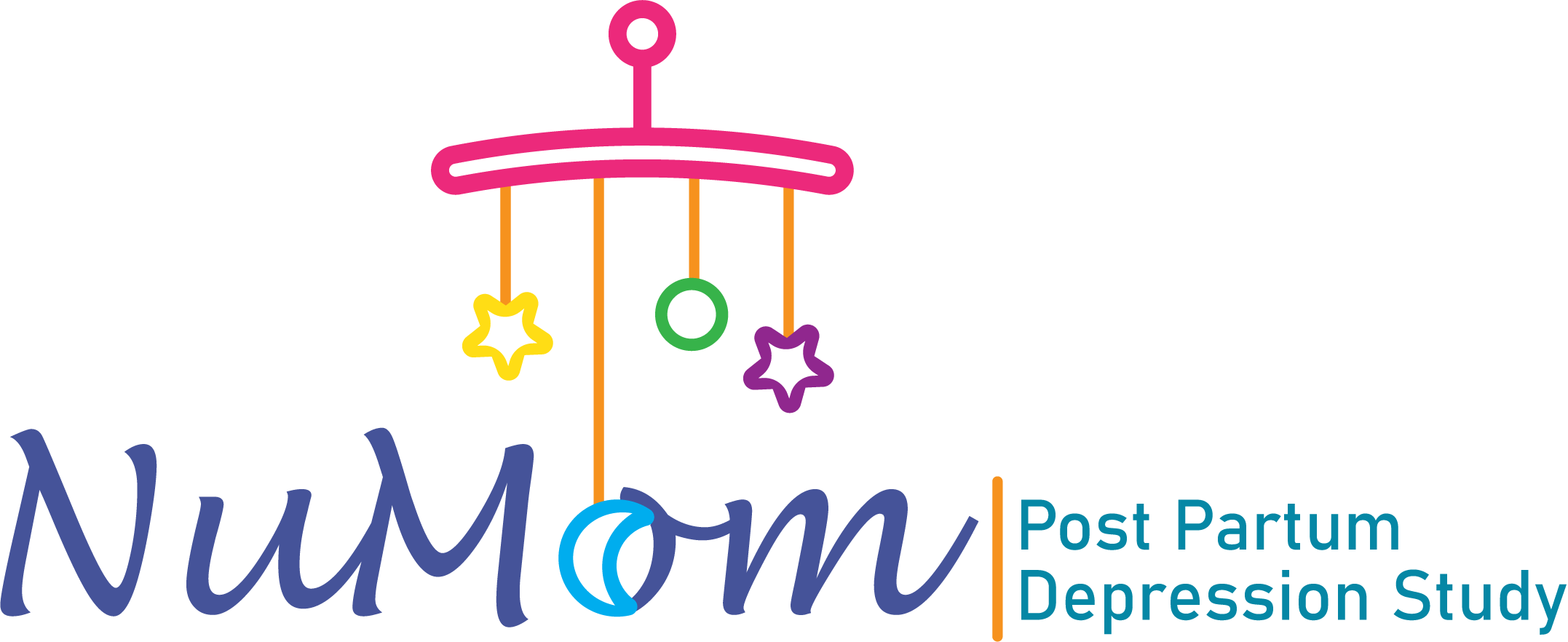About Postpartum Depression
About Postpartum Depression
Learn more about Postpartum Depression, and Why This Study is So Important
After giving birth to a baby, it’s common for women to feel “down” or “blue” for a bit, even a couple of weeks. However, many women continue to experience longer and more severe versions of this after delivering, causing them to feel sad, worried, and tired and have difficulty with their emotions. This is called postpartum depression (PPD), and 1 in 7 women experience it after having a baby1.
PPD can happen any time after childbirth, but often starts within 1-3 weeks postpartum; most commonly occurring within 6 weeks after delivery. Approximately 6.5% to 20% of women experience postpartum depression, and it’s more common in adolescent females, mothers who deliver premature infants, and women who live in urban areas3.
Signs and symptoms of PPD include changes in your feelings (such as feeling depressed most of each day, feeling shame or guilt, having severe mood swings), changes in your everyday life (such as having little interest in things you normally enjoy, feeling tired all the time, changes in appetite/weight, and issues sleeping), and changes in how you think about yourself or your baby (such as difficulty bonding with your baby or thoughts of harming yourself or your baby)2. PPD can affect any woman after having a baby, and there is no clear answer as to what causes it. However, possible causes are genetics and those with a family history of depression, hormonal changes after pregnancy, thyroid hormone levels being low, and lack of social support after having a baby2.
Postpartum depression can become very severe and debilitating for women, making them feel alone and without options for help. Fortunately, there are options and steps to take to work on improving it, which is crucial for anyone suffering from PPD; especially those with severe forms. Trying to get more rest, talking about your feelings with loved ones and/or professionals, and joining support groups are all recommended for any woman postpartum. There are several medications available for more moderate-severe levels, as well as a procedure known as Transcranial Magnetic Stimulation (TMS), but these can have significant side effects and are not always affective. Newer, possibly more effective first-line therapies and being worked on, including the investigational treatment in this study.
1. https://www.womenshealth.gov/mental-health/mental-health-conditions/postpartum-depression
2. https://www.marchofdimes.org/find-support/topics/postpartum/postpartum-depression
3. https://www.ncbi.nlm.nih.gov/books/NBK519070/


